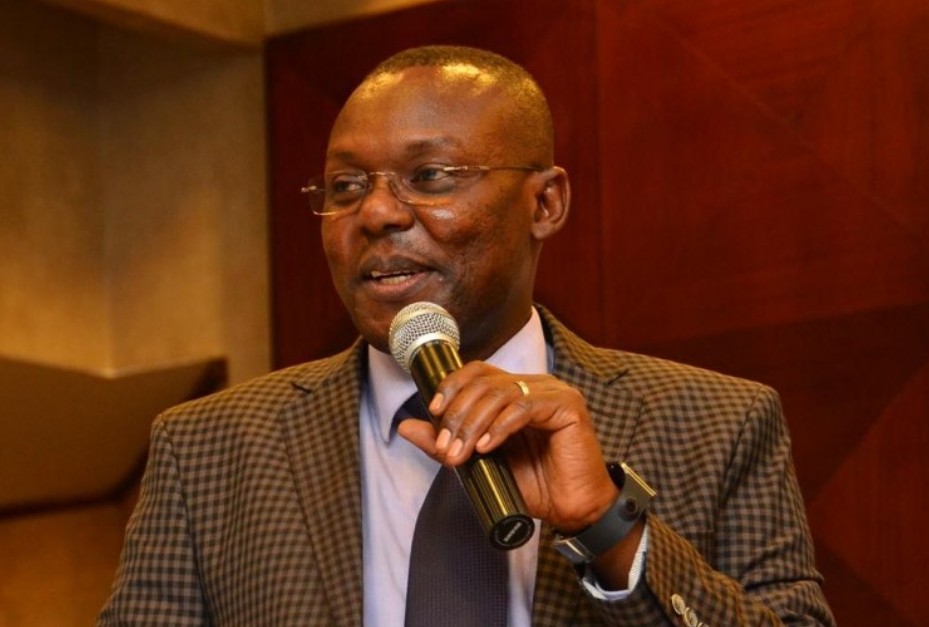Lira-The parallel Paramount Chief of Tekwaro Lango Eng. Dr. Michael Moses Odongo Okune has reiterated the need for leaders to mobilize and guide the people on poverty alleviation strategies.
Okune regrets that poverty has persisted in Lango amidst central government’s interventions with billions of shillings injected on various anti-poverty campaigns failing to deliver the much needed difference because of inadequate guidance from leaders.
The cultural leader observes that most people, especially the youth in Lango are selling off their customary land to buy motorcycles and start bodaboda transport businesses in urban areas.
Pushing for agriculture to be taken as a serious business, Okune asks the people of Lango to move away from the long held colonial mentality of producing only for family consumption.
“It’s unfortunate that some leaders find time to engage with the people only during political campaigns when they use sentiments to get votes instead of meaningfully guiding them to fight poverty,” said Odongo Okune in a media interview.
He appealed to the leaders to find time to engage with the community not only during political campaigns but also use office to sensitize and guide people to gain from government programs in order to alleviate poverty.
He said the people of Lango and Northern Uganda do not have any more excuse since the government has put in place an enabling environment including infrastructure and peace.
“I implore the clan chiefs to instill the spirit of hard work and patience to their members especially the youth so that our people get out of poverty which is embarrassing,” Odongo said of the poverty status in Lango.
His comments come following a report by the Uganda Bureau of Statistics (UBOS) which names the Lango sub region, among the most poverty-stricken regions in the country as the region tries to recover from wounds of the LRA war.
The Multidimensional Poverty Index (MPI) report considers multiple deprivations that poor people face in the areas of education, health, and living standards and employment.
The Report named the semi-arid Karamoja sub-region as the poorest with 85 percent of the 1.2 million people in the area experiencing multidimensional poverty.
According to the report, Karamoja is followed by Acholi (64 percent), West Nile (59 percent), Lango (57 percent) and Teso (55.6 percent).
The southwestern Kigezi Sub-region is less poor than Teso, with a rate of 48 percent, followed by Bunyoro (45.7 percent), Tooro (45.5 percent), Busoga (45 percent), Ankole (42.6 percent), Bukedi (42 percent), and Elgon (40.5 percent).



